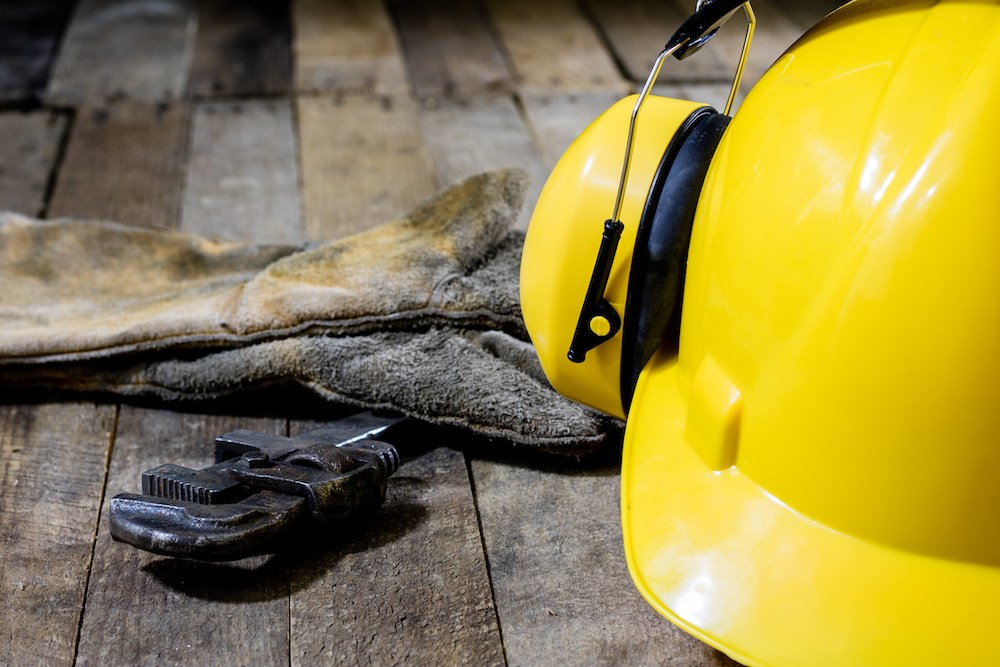Diet’s Role in Managing Tinnitus
Tinnitus is a common symptom that will affect more than one-third of


Tinnitus is a common symptom that will affect more than one-third of

Whether you wear an in-the-ear (ITE), in-the-canal (ITC) or behind-the-ear

How would you cope if your hearing aid suddenly stopped working? Without